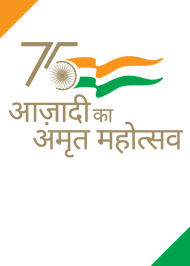About Right to Information Act 2005
The Right to Information (RTI) Act 2005 is a legislation enacted by the Indian Parliament to promote transparency and accountability in the functioning of public authorities. The RTI Act is based on the principle that every citizen has the right to access information held by public authorities, subject to certain limitations. Here are some key notes about the RTI Act 2005:
-
Applicability:
The RTI Act is applicable to all public authorities at the central, state, and local levels, including government departments, public sector undertakings, and universities. -
Right to information:
Every citizen has the right to access information held by public authorities. This information can be in the form of records, documents, reports, or electronic data. -
Exceptions:
The RTI Act provides for certain exceptions to the right to information, including information that would prejudicially affect the sovereignty and integrity of the country, information that would endanger the life or physical safety of any person, and information that is confidential or commercially sensitive. -
Application process:
The RTI Act provides for a simple and accessible application process for citizens to access information. The application can be made in writing or electronically, and the public authorities are required to respond to the application within 30 days. -
Fees:
The RTI Act provides for nominal fees for RTI applications, which are meant to cover the cost of processing the application and providing the information. -
Appeals:
If an applicant is not satisfied with the response received from the public authority, the RTI Act provides for an appeal process. The applicant can file an appeal with the first appellate authority within 30 days of the response, and if still not satisfied, can further appeal to the second appellate authority. -
Penalties:
The RTI Act provides for penalties for public authorities that fail to provide information or provide false information. The penalties can include fines and disciplinary action. Overall, the RTI Act 2005 has been a significant step towards promoting transparency and accountability in the functioning of public authorities in India. It has empowered citizens to access information held by public authorities and has increased accountability and responsiveness of the government.











